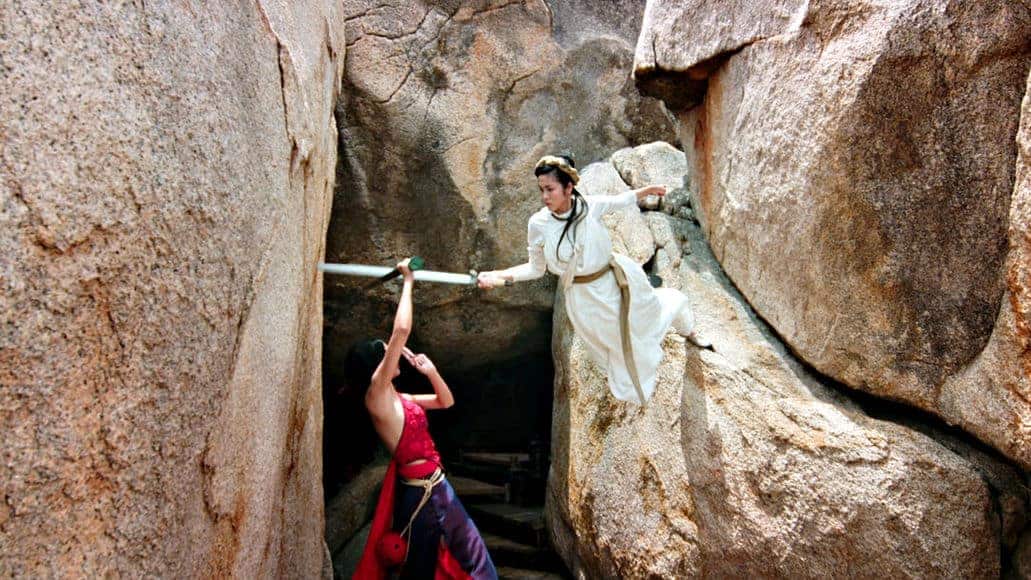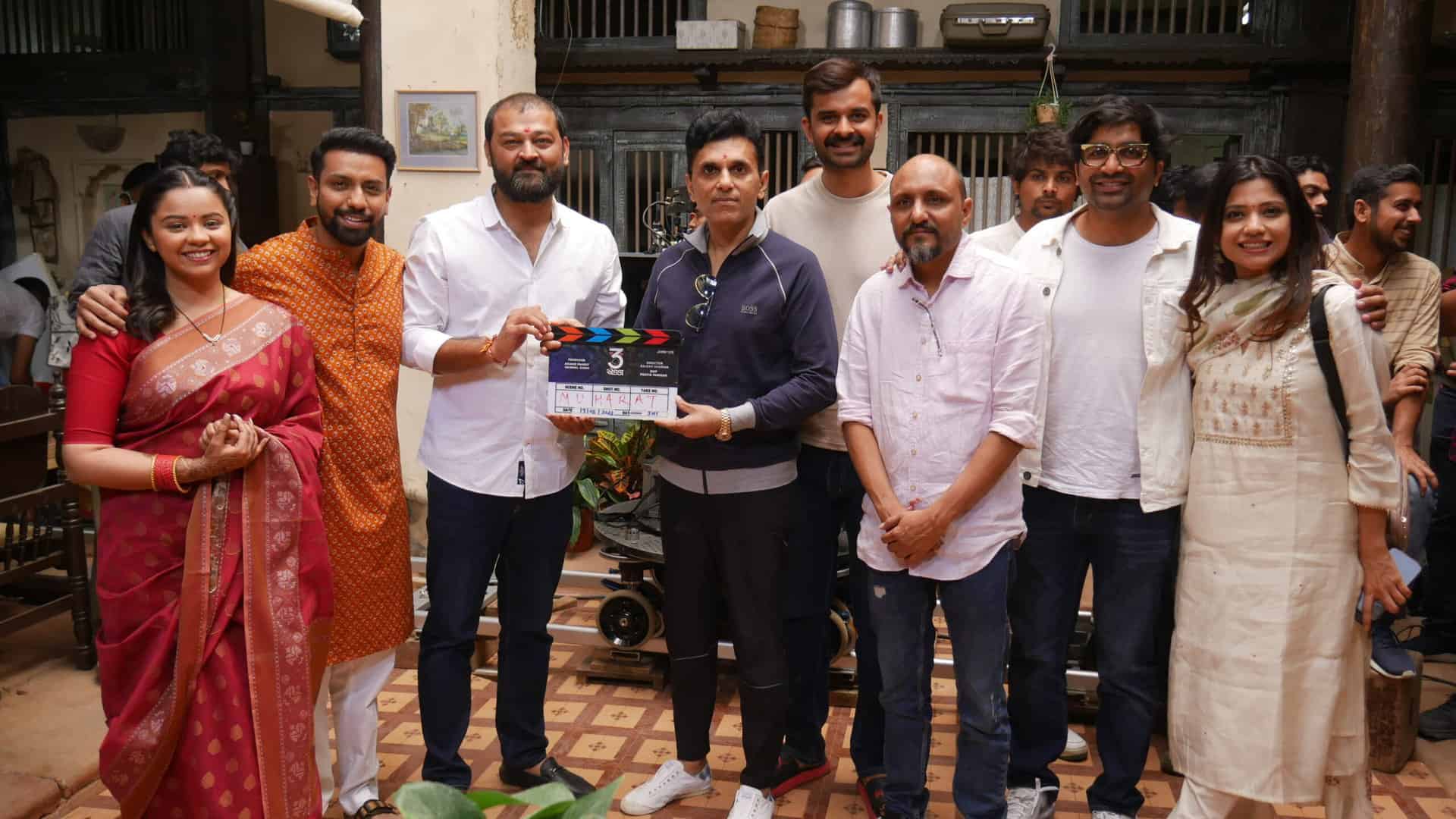Feature debut of Yakutian Dmitrii Davydov, “The Bonfire” is an intriguing movie focusing on the concepts of revenge and atonement, also including a lot of technical experimentation. Let us take things from the beginning though.
“The Bonfire” is streaming for free as part of the Terrestrial Voices program
A rather tough old man, Ignat, who is not exactly reluctant to become violent to get what he deserves, as the introductory scene eloquently highlights, finds himself in despair when his grownup son takes his own life in a fit of remorse for accidentally killing the son of a neighbor while drunk. Ignat turns to God for solace, but he only finds some when he, quite reluctantly at first, decides to take in a local kid, Chipmunk, whose mother is an alcoholic. Gradually, the two fill each other’s lives, with the old man finding again the son he lost and the boy the father he never had in his life. The mother of the boy, however, is not so eager to leave her son, while the father whose son was killed cannot get revenge out of his mind.
Dmitrii Davydov directs a film that unfolds like a parable, using the different attitudes of the two elder men as his base, in order to present how Ignat’s move forward eventually leads him to a hard, but nevertheless palpable happiness, while his “opponent’s” obsession with revenge gradually leads him to destruction. That Ignat is also quite religious could be perceived as a comment regarding the benefits of Christian teachings and particularly the one about forgiveness, but the truth is, that the old man is by no means a saint, at least in the beginning.
In general, and starting from the repeated frame of the Jesus painting Ignat keeps looking at, one could say that there is an intense biblical element here, deriving from both the comments and the way the story progresses, with the way the old man changes after his son is dead being a direct reference of so many stories of the Old Testament, with the rather shattering finale also moving towards the same direction.
This aspect allows Davydov to present his story in an ideal way, additionally highlighting his comments about how hard life is in a place just 450kms south of the Arctic Circle, and the impact the particular circumstances have on people, also including the alcoholism that seems to torment the majority of them. In that fashion, the slow burning pace as implemented by Pyotr Struchkov’s editing, suits the way of life in the area to perfection, also allowing Davydov to explore his characters without rushing. Granted, the last part of the movie moves a bit abruptly, also in terms of context, and the ending could be a bit briefer, but in general, the overall approach to the narrative is quite good.
The cinematography is also on a very high level, with the harshness of the environment being captured artfully and realistically by DP Ivan Semyonov, with the same applying to the interior shots, whose coloring and framing induces them with a ritualistic hypostasis, which frequently reminds of Caravaggio paintings. Some experimentation, like a brief point-of-view sequence, seem somewhat out of context, but not to a point to ruin the overall sense this aspect leaves.

Alexey Ustinov gives a great performance in the role of Ignat, highlighting his transformation in a laconic but also eloquent fashion. Some of the violent scenes could have been handled a bit better but that is the only significant fault in the acting department in essence.
“The Bonfire”, despite some minor faults here and there, emerges as an excellent movie, even more so considering it is a debut.
















